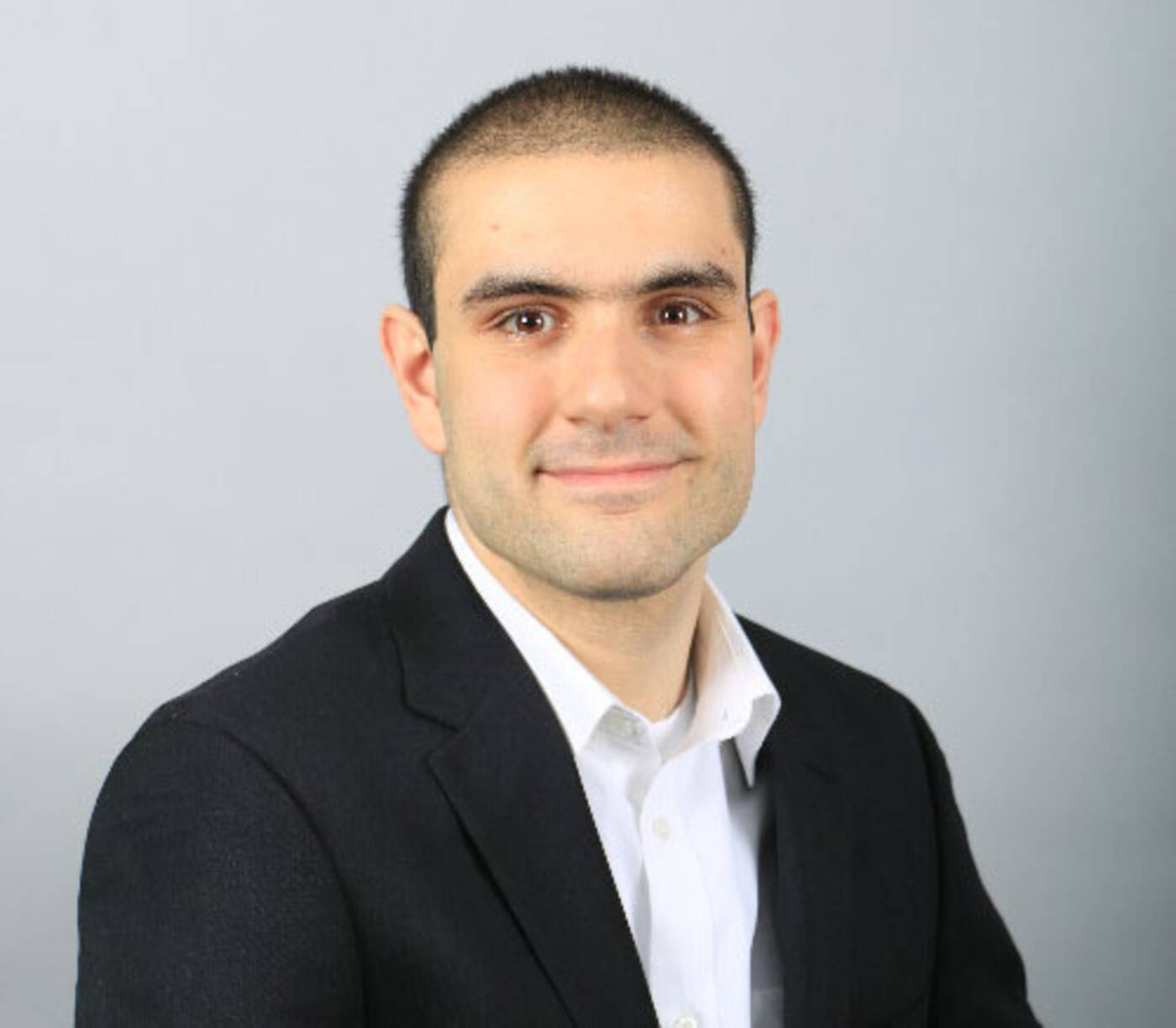
Toronto van attack killer Alek Minassian found guilty on all 26 charges
Alek Minassian has been found guilty of 10 counts of murder and 16 counts of attempted murder in the case of 2018's Toronto van attack, which saw the now 28-year-old man deliberately plow a rental van through throngs of people along a busy Yonge Street sidewalk, killing 10 and injuring 16 others.
Superior Court Justice Anne Molloy announced the verdict during a public livestream Wednesday morning, stating "this case has in many ways and on many days has been a struggle."
Calling the van attack "one of the most devastating tragedies this city has ever endured," Molloy read out the names and injuries of all 26 victims and stated that Minassian planned and carried out the attack deliberately, specifically for "the purpose of achieving fame."
Molloy said that when Minassian was asked following the attack how he felt about killing and injuring his victims, he replied: "I feel like I accomplished my mission."
The judge stated that all elements where necessary for verdicts of first-degree murder in the cases of the 10 deceased, as well as for verdicts of attempted murder for the 16 injured.

Alek Minassian, pictured, has been in police custody since he was arrested at the scene of the van attack in April of 2018. Photo via Linkedin.
Whether or not Minassian carried out the worst mass killing in Toronto history on April 23 of 2018 was never up for debate — the Richmond Hill native admitted to renting a van with the intention of killing people, to slamming the accelerator as he mounted the sidewalk, and to purposely hitting 26 pedestrians over a period of roughly four minutes.
Rather, Molloy was tasked with determining if Minassian should be held criminally responsible for his actions.
Minassian had entered a plea of "not criminally responsible" (NCR) to all 10 counts of murder and 16 counts of attempted murder in November at the beginning of a six-week-long, judge-only trial held via Zoom.
While they admit that Minassian did plan and carry out the horrific attack nearly three years ago, the man's lawyers argued that he should not be held criminally responsible on account of a mental disorder.
Throughout the trial, it was revealed that Minassian had been diagnosed with autism spectrum disorder (ASD) as a child. His lawyers argued that every case of autism is different, and that Minassian's had rendered him "incapable of appreciating the nature and quality of the act" or of "knowing that it was wrong."
Crown prosecutors argued otherwise based on psychological testing results and the testimonies of psychiatrists who had interviewed Minassian.
According to The Star's Alyshah Hasham, this is the first time in Canada that ASD alone had been used as the basis for a not criminally responsible defence.
For anyone interested, the decision in R v. MINASSIAN (the 2018 Toronto van attack) is being delivered right now on YouTube: https://t.co/O48m1QXb5M. Justice Anne Molloy is referring to the accused only as "John Doe" in an effort to deny him the infamy he wanted. That's good.
— Ryan Paulsen (@PRyanPaulsen) March 3, 2021
A forensic psychiatrist for the Crown, Dr. Scott Woodside, said that "the extreme moral wrongfulness of Minassian's actions was part of his stated motivation: a desire for infamy."
"He is going to morally outrage people — this is part of how he becomes famous, by doing something that people will recognize as a horrible, horrific act," said Woodside during the trial in December.
"It is actually a calculation on his part: What does he need to do to gain the most notoriety, and part of that is do pretty much the worst thing, kill people and kill as many people as possible... He wants to become infamous; people have to view this act as particularly horrific."
Minassian himself reportedly told psychiatrists that he was "aware at the time of the attack that his actions were wrong and unjustifiable by society's standards."
"What I did was morally wrong. And extremely devastating. And irreversible," said Minassian to defence psychiatrist Dr. Alexander Westphal during an interview. "It is extremely wrong to kill people."
He also told psychiatrists that the attention he received in the wake of the attack made him "happy."
The Incel Rebellion and the Alek Minassian Facebook post explained https://t.co/Yl9LhxuOXg pic.twitter.com/fg8eff9VVe
— blogTO (@blogTO) April 24, 2018
Molloy specified in her verdict that Minassian "appreciated the quality of his actions" and that he knew what he did was wrong.
"[He] knew it was legally wrong to kill people. He also knew that his plan to run down and kill people constituted first degree murder and that if caught he would go to jail for life. That is why his plan was to 'die by cop.'"
The judge clarified that all of the experts who'd evaluated Minassian found that he was not in a state of psychosis at the time of the act, though she did permit autism spectrum disorder to stand as a "mental disorder" in the case for legal purposes.
Regardless, she said the defence failed to prove that ASD prevented Minassian from understanding the moral consequences of his actions.
"He knew death was irreversible. He knew their families would grieve," she stated, concluding that Minassian showed no remorse for his actions, that he had a "functioning rational brain" at the time of the attack, and that he "freely chose the option that was morally wrong."
"It does not matter that he doesn't have empathy for the victims," said Molloy. "He knew he had a choice and he chose to commit the crimes anyway."
A hearing to discuss sentencing is scheduled for March 18.
Victoria Frantsev
Latest Videos
Latest Videos
Join the conversation Load comments







